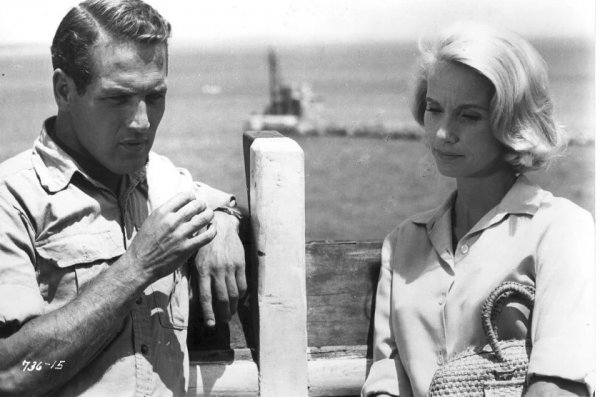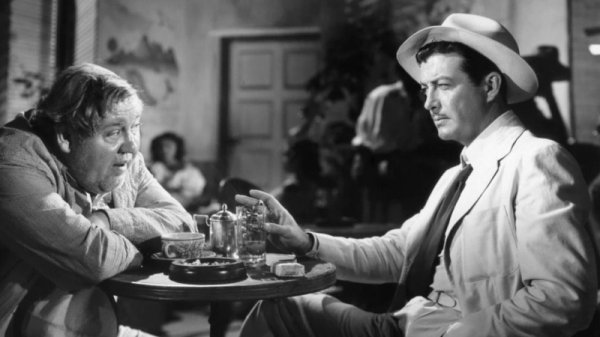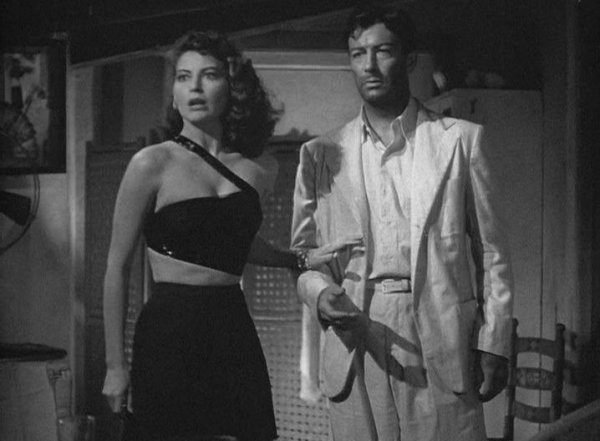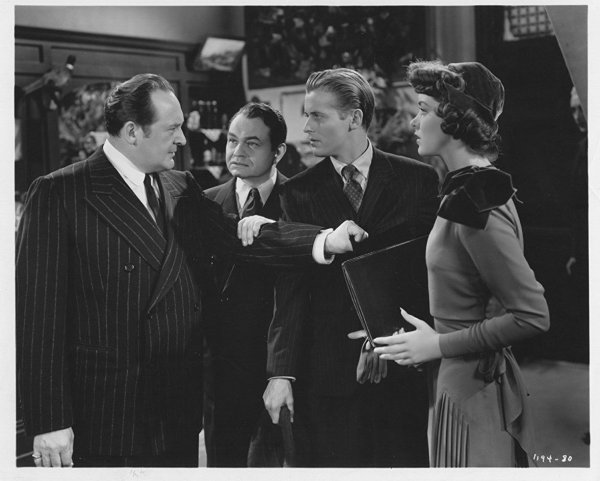- Messages
- 17,484
- Location
- New York City
Intriguing cinematic theorems regarding On Dangerous Ground, which serves a spliced postulate cord
stitched to a lady's inexplicable late entrance however seemingly scripted by its prologue.
Took a gander at lovely Jeff Donnelly; lady fair whom I never knew existed. And that shot of GG
with Bogie, conical-pensive, concerned all wrapped inside a blouse....just like Burma.
But back to Jeff. She has an understated elegance and her beauty is of a quiet subtle effect,
eyes a man could drown in and undeniable depth of character.
Donnelly is quite a contrast to Grahame in the movie as Grahame is loudly pretty; whereas, Donnelly's beauty is almost hidden. To be honest, I think I missed it the first time I saw the movie.
Good call regarding Grahame - she'd have made a wonderful film version of Burma.






